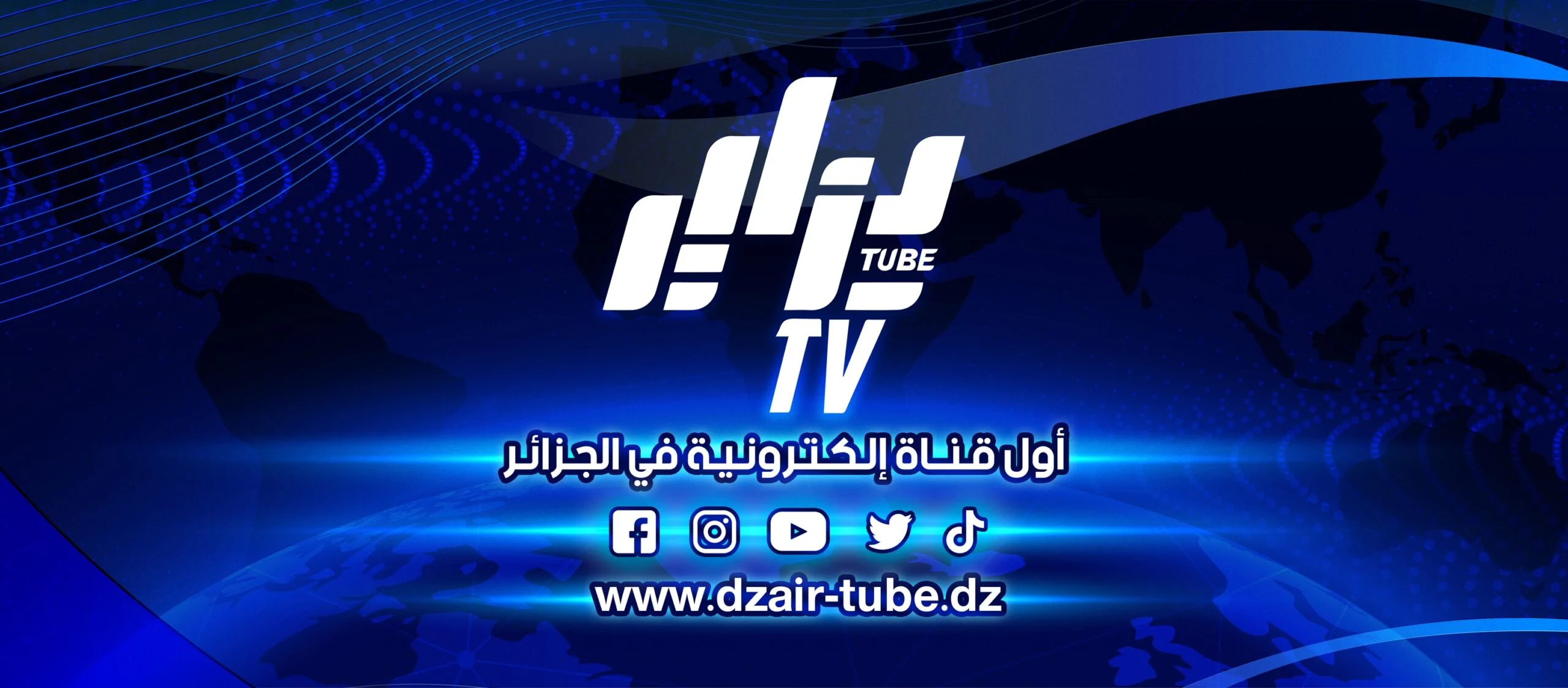Guterres’s Report on Western Sahara: A Resounding Call for Justice, a Damning Indictment of Morocco’s Colonial Stubbornness
✍️ BY: Dr. Hana Saada
Algiers, Algeria | The cause of Western Sahara—long denied its rightful path to decolonization—is now bolstered by one of the most unequivocal interventions from the United Nations’ highest office. In his latest report, Secretary-General Antonio Guterres shattered the veneer of Morocco’s propaganda, laying bare a reality of repression, systemic rights violations, and an urgent need to honor international legality through the people’s inalienable right to self-determination.
A Clear Rejection of Morocco’s Illusions
This is not the language of activists or partisan voices; it is the official stance of the UN Secretary-General. Guterres’s findings amount to a damning indictment of Morocco’s occupation. He decried the continuing deterioration of the situation in the occupied territories, branding it “alarming and untenable,” and insisted on the need for a “change of course without delay.”
The façade of Morocco’s so-called “autonomy plan” lies in tatters. The UN’s insistence on self-determination underscores what Rabat has always feared: the question of Western Sahara is a decolonization issue, not a territorial dispute. Guterres’s recommendations affirm, once again, that Morocco’s narrative is not only baseless but also incompatible with international law.
Systematic Repression and Obstruction
The report catalogues a litany of violations committed by the occupying power:
-
Denial of UN human rights monitors’ access to the territory since 2015.
-
Expulsion and harassment of international observers, parliamentarians, journalists, and researchers.
-
Repression of peaceful Sahrawi demonstrations and targeting of women human rights defenders.
-
Arbitrary detention and degrading prison conditions for Sahrawi political prisoners, including those of Gdeim Izik.
-
The weaponization of economic “development projects” to dispossess Sahrawis of their land and displace populations.
Such practices expose the colonial reality of Morocco’s presence in Western Sahara, where coercion, surveillance, and the silencing of dissent remain the cornerstones of governance.
The Call for Urgency
Guterres’s warning is clear: the status quo is unsustainable. His demand for a “change of course without delay” carries two powerful messages. First, the need to break free from Morocco’s obstructionism that has paralyzed the peace process. Second, the imperative of opening an immediate political pathway that guarantees the Sahrawi people’s right to self-determination, in full compliance with UN resolutions.
This is not mere diplomatic rhetoric. It is a recognition that the conflict is approaching its 50th year and that continued denial of Sahrawi rights risks escalating instability in a region already under severe strain.
Exposing the Bankruptcy of the Moroccan Regime
The timing and language of this report underscore the bankruptcy of Morocco’s strategy. Its reliance on brute repression, international lobbying, and the exploitation of resources in occupied territories has only deepened its isolation. Each year, Morocco doubles down on its refusal to grant Sahrawis their rights, but each year the legitimacy of its stance erodes further.
The Secretary-General’s recommendations, far from being symbolic, re-anchor the conflict in the framework of decolonization—a sphere where Morocco has no legal standing and where the Sahrawi people are the sole and legitimate actors.
A Turning Point in the Struggle
As the report heads to the 80th UN General Assembly in September, it may well mark a turning point. By placing international law and Sahrawi rights at the center, Guterres has opened the door to renewed momentum, potentially pushing the international community to confront Morocco’s impunity with greater resolve.
For the Sahrawi people, this report is more than acknowledgment—it is validation of a decades-long struggle for dignity and freedom. For Morocco, it is a reminder that colonial stubbornness cannot indefinitely stand against the tide of history.
The message is resounding: Western Sahara is not for sale, not for negotiation, and not for annexation. The right to self-determination is non-negotiable—and sooner or later, Morocco will face the truth it has long tried to bury.

📡🌍 | About Dzair Tube Media Group | 🌍📡
━━━━━━━━━━━━━━━━━━━━━━━━━━━━━━━
📰 Dzair Tube is a trailblazer in Algerian digital journalism, delivering high-quality content in Arabic, French, and English. With more than 📈 500,000 daily clicks, it ranks among the most influential media platforms in the country.
🏆 Awarded the President of the Republic’s Prize for Professional Journalist in the Electronic Press category (🗓 October 22, 2022), Dzair Tube is widely recognized for its editorial excellence and integrity.
📱 Massive Digital Reach:
🔴 350,000+ YouTube subscribers
🔵 6 million+ followers across Facebook pages
📸 450,000+ Instagram followers
🎥 Operating from state-of-the-art studios, Dzair Tube broadcasts rich and diverse programming, including:
🗞 News | ⚽ Sports | 🎭 Entertainment | 🕌 Religion | 🎨 Culture
🗣️ Featuring interactive talk shows and exclusive interviews with prominent figures from politics, business, arts, and more, Dzair Tube serves as a key platform for public discourse and civic engagement.
📰 Its print sports daily, “Dzair Sport,” enjoys over 50,000 daily downloads via the official website—further cementing the platform’s multimedia leadership.
🎖️ Honored with the Media Leadership Award by the former Minister of Communication, Mohamed Laâgab, and celebrated at the Hilals of the Television awards, Dzair Tube continues to lead with innovation, influence, and impact.
━━━━━━━━━━━━━━━━━━━━━━━━━━━━━━━
🌐 Stay Connected:
🔗 Website: www.dzair-tube.dz
🔗 English: www.dzair-tube.dz/en
📲 Follow us on Facebook | Instagram | YouTube
━━━━━━━━━━━━━━━━━━━━━━━━━━━━━━━




